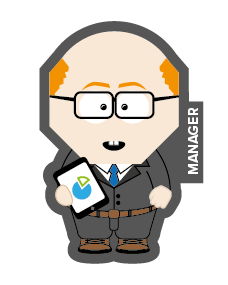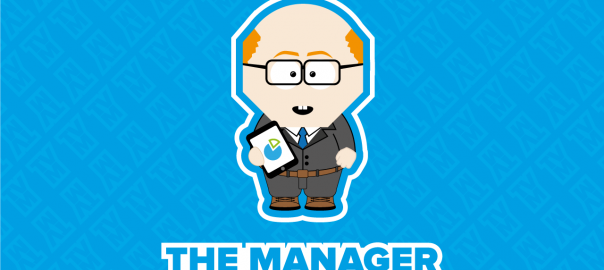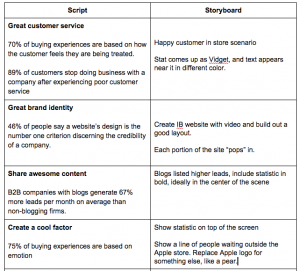
What is a Manager?
The Manager is concerned with the wellbeing of the Scrum Team. The Manager loves to see happy, engaged and motivated people. (S)he loves it when people are developing themselves, learning new skills, obtaining new knowledge and making mistakes. The Manager is a real people person, focus on peoples’ growth. Another goal that the Manager has is to evaluate individual team member performance. The Product Owner as a Manager is typically responsible for performance management and evaluating the team. The Manager typically has many one-on-one conversations with each of the team members, to learn more about their personal goals and performance.
There’s nothing wrong with caring for the Development Team as a Product Owner. There’s nothing wrong with stimulating the Development Team to try, learn, experiment and fail. However, if a big part of your job as a Product Owner is to do performance management… then you’re missing the point of being a great Product Owner.
A manager is a person who manages or is in charge of something. Managers can control departments in companies, or guide the people who work for them. Managers must often make decisions about things.
The manager is responsible for overseeing and leading the work of a group of people in many instances. The manager is also responsible for planning and maintaining work systems, procedures, and policies that enable and encourage the optimum performance of its people and other resources within a business unit.
—?Wikipedia, October 2019?—
The Manager is also referred to as the team boss, team lead, technical lead, Product Owner & Scrum Master and HR-responsible person.
The Product Owner as a Manager
With the many Product Owners and Product Managers we have trained and coached in their daily practice, we’ve observed the following patterns in Product Owners that we would classify as Managers:
- The Manager is concerned with the wellbeing of the Scrum Team. The Manager loves to see happy, engaged and motivated people. (S)he loves it when people are developing themselves, learning new skills, obtaining new knowledge and making mistakes. The Manager is a real people person, focus on peoples’ growth.
- Another goal that the Manager has is to evaluate individual team member performance. The Product Owner as a Manager is typically responsible for performance management and evaluating the team. The Manager typically has many one-on-one conversations with each of the team members, to learn more about their personal goals and performance.
The results/effects of acting like a Manager
Obviously, not all (Product Owner) Managers are the same, and not all the results/effects may be visible in your context. That being said though, what we typically observe when Product Owners act like Managers is:
- Focus on short term results;
- Little to none focus on long term outcomes (TCO, ROI, P&L, etc);
- Doing performance management, having a lot of one-on-ones with team members, focusing on their personal development, it’s all very important work, but not for you as a Product Owner. Basically, all this stuff is distracting you from doing your actual job as a Product Owner, which is to maximize the value of the product;
- Although there is nothing stated in the Scrum Guide about performance management in Scrum Teams, it would make the most sense if the Scrum Team would organize that themselves. It would make the most sense if the Development Team members care for each others’ personal development;
- If anyone in the Scrum Team should be concerned with coaching, training, mentoring, facilitating and developing people, it would be the Scrum Master. By doing performance management and coaching work as a Product Owner, you’re doing work that a Scrum Master (or Agile Coach if use that terminology) could actually do for you…

What you can do to move away from this stance
If you are a Product Owner or product manager, and you’re experiencing that you’re being held accountable for team performance, individual performance, performance management or other HR-related things (instead of value and outcome), then here’s what you can do (besides giving us a call of course):
- The first thing to do is obviously to start explaining to your Scrum Team, stakeholders and organization, that team coaching, individual coaching, performance management, team performance, and individual performance are not the responsibility of you as a Product Owner.
- Another thing you could do is to look for an experienced Scrum Master or Agile Coach, to help you change the organization and its governance. Besides that, work with him or her and transfer the responsibility of coaching, training, mentoring and facilitating the Scrum Team to the Scrum Master (or the Development Team).
- And maybe, if all this HR, learning and development, growth and people stuff is actually something that you like to do for a living… Then stop being a Product Owner! There is a big need for good Scrum Masters and Agile Coaches who have that passion for people that you have!
Business & Finance Articles on Business 2 Community
(30)
Report Post







